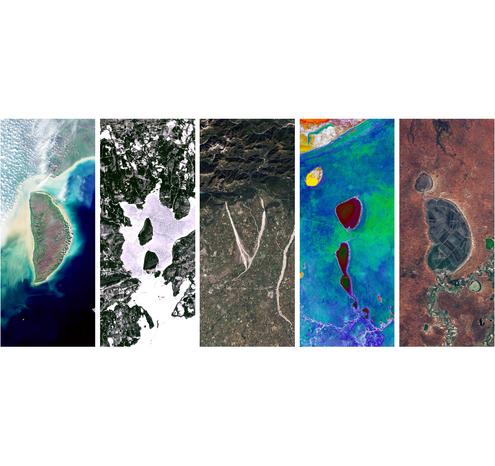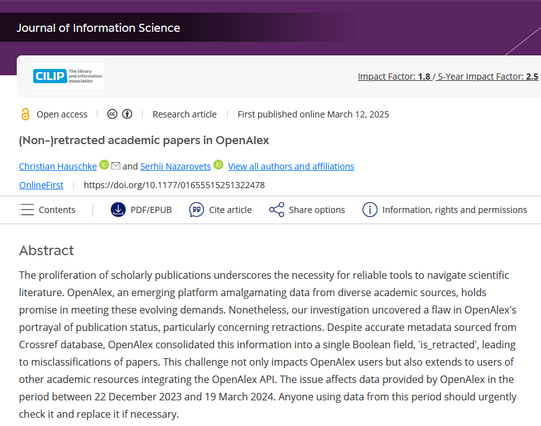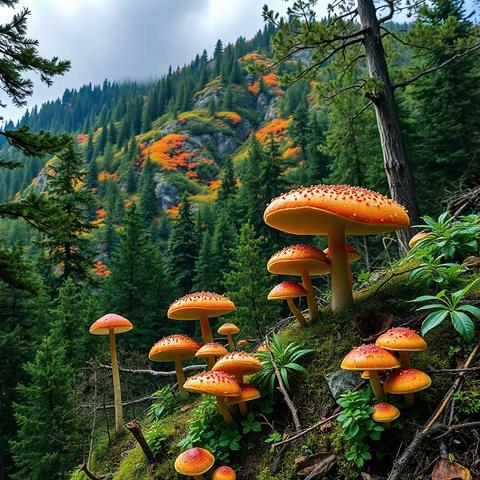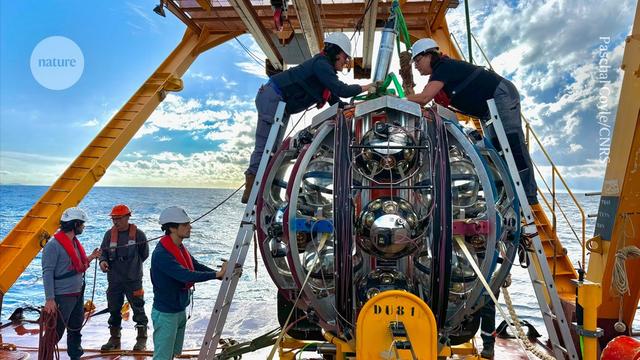Vojtech Tlaskal
- 83 Followers
- 352 Following
- 84 Posts
Institute of Soil Biology and Biogeochemistry, Biology Centre CAS, Czechia |
Department of Microbiology, Radboud University, Netherlands
Last year, we found that @OpenAlex was mistakenly marking some papers as retracted—misleading researchers. We @hauschke reported the issue, posted a preprint in March 2024, and… #OpenAlex fixed it almost instantly! 👏
 https://doi.org/10.1177/01655515251322478
https://doi.org/10.1177/01655515251322478
Meanwhile, our peer-reviewed paper on this? Published today - over a year later. See the difference? Preprints matter. Open science works.
🍄 ⛰️🍄 New paper published: Factors driving ECM fungal species richness along elevation are not solely related to climate or soil. This is in contrast to richness of saprotrophic fungi.
Last Tuesday, I was set to give a talk on 'climate change in the Northeast' at a retirement home but had to cancel due to hourly job threats.
After nearly two weeks of overwhelming uncertainty, today it happened. I was fired from my dream of working at NOAA. I'm so sorry to everyone also affected.
The reasons I was given:
--> I did not demonstrate that my work was in the public interest, and my ability, knowledge and/or skills did not match NOAA's needs.
More soon. It will be okay.
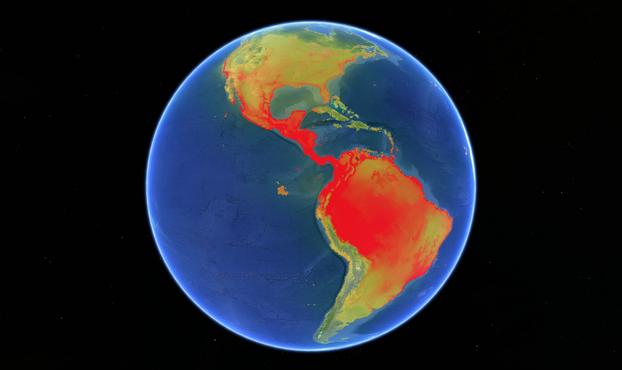
Celebrating 100,000 Modeled Taxa with the iNaturalist Open Range Map Dataset
A Major Milestone for Biodiversity Mapping We passed a major milestone with today’s update to iNaturalist’s Computer Vision and Geomodel—100,000 modeled taxa! To mark this achievement, we’re excited to make the Geomodel Expected Nearby Maps available in three key ways: * As a new iNaturalist Open Range Map Dataset, now available for download. * As new interactive, downloadable layers on taxon page maps, making species distributions more accessible. * As part of the ArcGIS Living Atlas of the World announced today at the Esri Federal GIS Conference and available soon. This dataset provides a powerful new tool for researchers, conservationists, and policymakers to better understand and protect biodiversity—a key part of iNaturalist's mission. What Makes the iNaturalist Open Range Map Dataset Unique? Understanding where species occur and how their distributions are changing is fundamental to biodiversity conservation. Yet, while satellites provide near-continuous imaging of the Earth, ...
Calm down, neutrino, it's 2025 and the rest of us are just exhausted.
